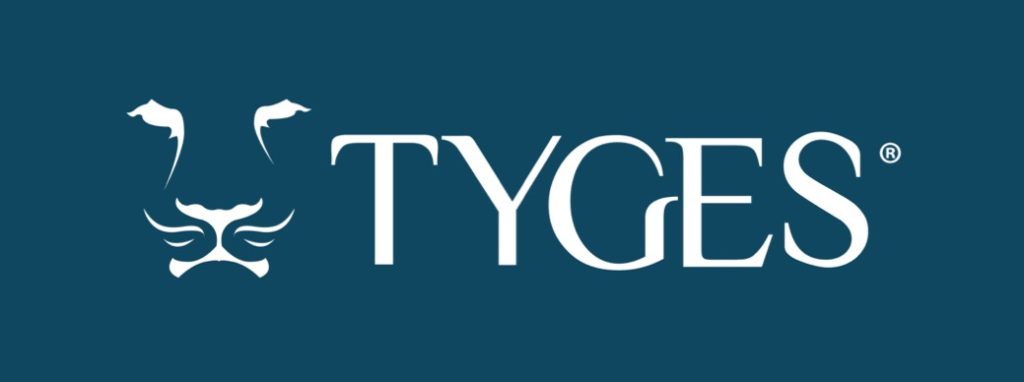Recruiters can work within an organization/company or they can work for an agency or they may have hung out a shingle to work for themselves. No matter which one you’re connecting with they all work for the company doing the hiring. The info below will help you see how they can work with you.
- If we’re “in-house” recruiters, we work for the company that signs our paychecks. Depending on the size of the company we may be part of a stable of recruiters who have individual specialties within the organization (IT; administrative staff; engineering; operations; infrastructure; finance; HR) or we may be 1 of two people who are tasked with filling openings across the entire organization.
- In house recruiters may be working a dozen or more roles, across skill sets at any given time. Therefore, if your application doesn’t hit the keys they are looking for, you will be skipped. Not because they are mean, but because they are tired and under a deadline to fill an opening.
- Most in house recruiters are not subject matter experts. That means they are taking the word of the hiring authority to create a job description. They also use the in-house language to describe roles and titles the way they’ve always been used in their organization. Dig deeper in job descriptions than the title. Some companies call executive assistants Project Managers and vice versa.
- If we’re direct-hire agency recruiters, we also work for the hiring authority. Some agency recruiters have areas of expertise or specialization. TYGES has two teams. One that specializes in Manufacturing – hiring all levels within manufacturing organizations. Another team specializes in ABA placements – hiring all levels within organizations that work with the ASD community. Each recruiter works exclusively in their realm and spends time and energy to understand the market and the needs of their prospective candidates. We also spend time digging into the requests from hiring authorities – if a job description isn’t clear, we’ll ask for more information so that we can speak to candidates about what a role REALLY does for the company.
- Agency recruiters for general staffing firms may or may not have a specialty. Some have 10 or more program groups. They may have teams that specialize in: IT, Engineering, C-Suite Executives, Legal, Hospitality, Construction and Insurance. Or they may have practice teams that specialize in hourly or temp labor.
- Agency recruiters are more likely to be subject matter experts or have them in house. That doesn’t mean you should assume that a recruiter searching for an electrical engineer has worked as one themselves.
- It’s in your best interest to research the recruiter and the recruiting firm that is reaching out to you – if there seems to be synergy – they specialize in manufacturing and you’re a controls engineer working in AI, it may be worthwhile to have a conversation, even if the role they pitched isn’t your ideal. Why? They work multiple jobs every week, and a new role may appear that IS ideal within weeks of your conversation. Stay top of mind for ideal openings by networking with recruiters that fit your expertise.
- If we’re contract recruiters, we work for the hiring authority that must fill a project staff to meet a grant or other contract need for their client. Many contracting firms work in the government/public sector. They bid on projects with larger firms to win grants and project dollars from large agencies and players in their area of specialty. They recruit people to fill staffing for a project, either before or after they have won the project. You will often be hired by the contracting firm and report to work at the client site. Your paychecks and title will be based on the contracting agency, not the larger entity where you work. Your benefits will also be based on your firm, not those of the project’s agency.
- Although you will most likely become an employee of the contracting firm, your employment will be based on the ability for the firm to renew/rebid the contract from the initiating agency. You may also be asked to participate in proposal development. If your contracting firm does not win a renewal, they may look for another project for you, or they will release you if none exists.
- These recruiters are often specialists in the area of the project. They have been hired by the contracting firm to work with and recruit others with their area of expertise.
- If you’re interested in honing your skills in several related areas and are okay with the occasional abrupt ending of a contract – this may be the right fit for you. Contractors tend to earn more than direct employees and their benefits may be more expensive.
- If we’re staffing or temp agency recruiters, we work with the hiring authority to fill short and long-term gaps or with roles that traditionally have very high turnover. These roles may be hourly or trades roles. These recruiters often work a dozen or more roles at any given time and are working with guidelines from their client.
- If you prefer hourly work and flexibility that comes with temp assignments these are terrific recruiters to know.
- If you’re building your own business and want the opportunity to make a steady income around hours that are best for you – review staffing agencies and their team of recruiters.
- Many staffing firms have areas of specialty – from hospitality to administrative to warehouse, retail and service-based contracting.
As a job seeker, do your homework on the types of recruiters that are reaching out to you. And if you’re looking to transition to a new role, spend some time researching the types of recruiters that would be an asset to your network.

Written by: PEGGIE ARVIDSON, Account Executive
Peggie Arvidson started recruiting in junior high school when she convinced her classmates to join her in creating a ski club. Since then, she’s held many positions from sales to recruiting to non-profit leadership and quality assurance. Her focus in her life and career is helping people to find their right work for the right pay because she believes that when people are happy at work, they are secure in life, and happy people change the world for the better.
Peggie has moved more than 30 times across 5 states and three time zones, and is not a military brat. Before COVID, she spent her free time traveling with her friends and husband and now you can find her making beautiful things out of yarn, found objects, and her imagination.

“We’re here to make good things happen for other people.“


